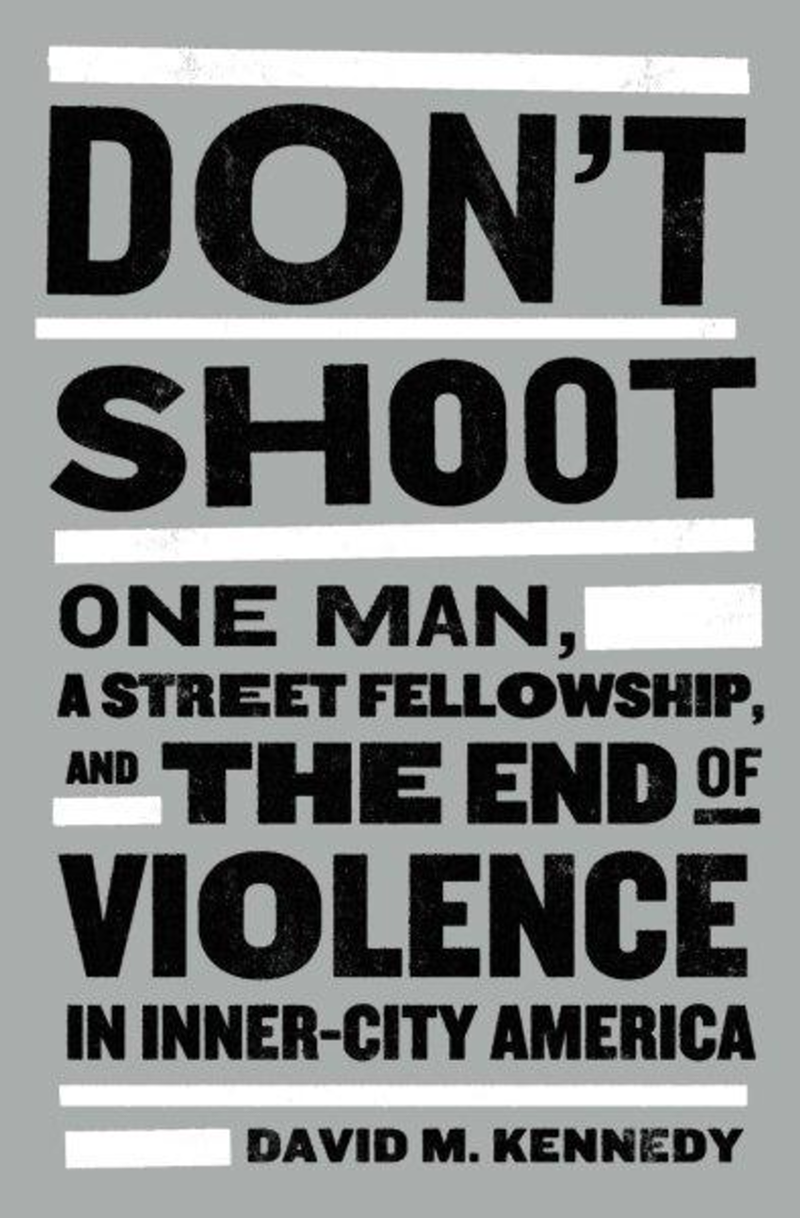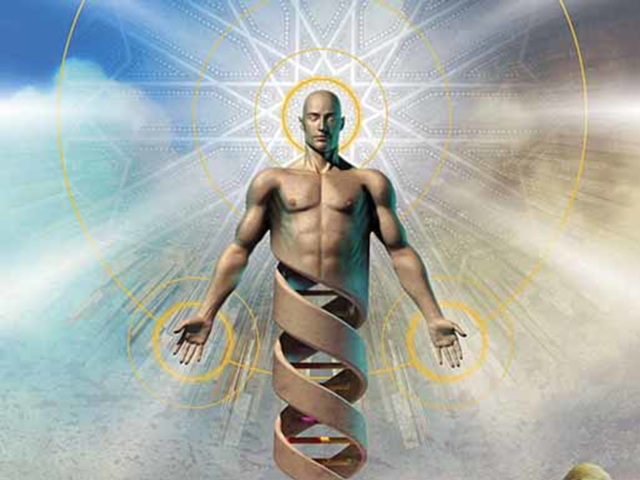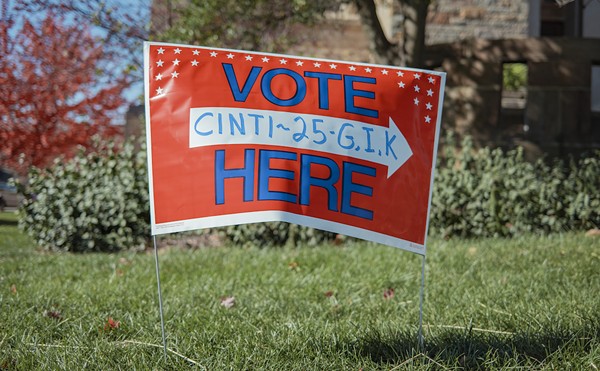David M. Kennedy, whose Operation Ceasefire program has helped turn around Cincinnati's homicide rate, will be back in town Oct. 11 to discuss his new book, Don't Shoot: One Man, a Street Fellowship and the End of Violence in Inner-City America.
The book, which will be published Oct. 4, relays how Kennedy's Ceasefire philosophy works and how he came to craft it via a long journey that included “riding with beat cops, hanging with gang members and sitting on stoops with grandmothers.”—-
According to a recently published piece Kennedy wrote for Newsweek, in late 2006 recently elected Cincinnati Mayor Mark Mallory asked Kennedy, whose program had worked in cities with similar issues, to help with a problem that was getting worse each year — there were a record 86 homicides in Cincinnati in 2006, which was more than double the amount prior to the 2001 “riots” spurred by the death of Timothy Thomas.
“After making Ceasefire work in cities like Boston, Baltimore, Minneapolis, and elsewhere, I knew we could do it again,” Kennedy writes in the piece. “Ceasefire was basically simple — have law enforcement, community elders, and social-service providers sit down and talk with the gangs and drug crews that drove the shooting. The community said that the violence had to stop, the providers offered help, and the cops promised that the first gang that killed someone after the meeting was going to get all their attention. Repeat as necessary. In Boston youth homicide went down by two thirds in a matter of months; we’d had basically the same results all over the country. But Boston, and a lot of the other cities, had let it fall apart. The people on the ground in Cincinnati — the cops, prosecutors, community activists — would have to own it.”
Now, nearly four years after Kennedy's Operation Ceasefire was implemented, he writes that “homicide’s down in Cincinnati, gang homicide’s steady at about a 41 percent reduction. It’s not good enough, not close. But we’re in motion.”
Kennedy, in the Newsweek piece, has a number of interesting things to say about our city and the various people with whom he collaborated here — much of which he no doubt covers in his book and that he'll likely discuss during his stop at Joseph-Beth Booksellers Oct. 11.






